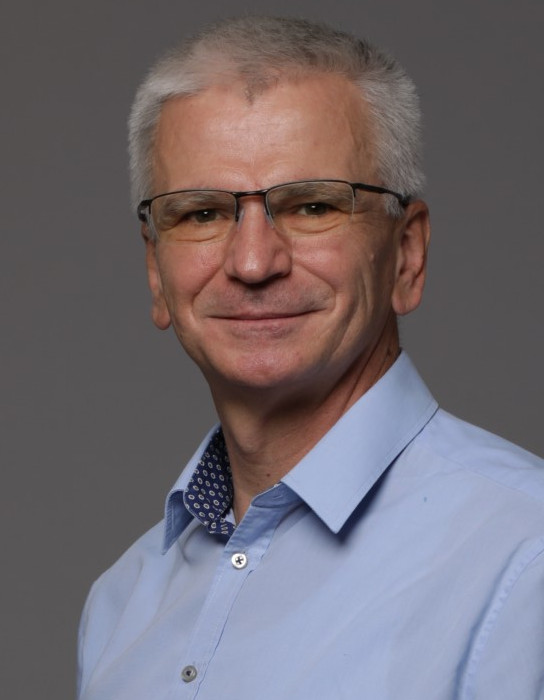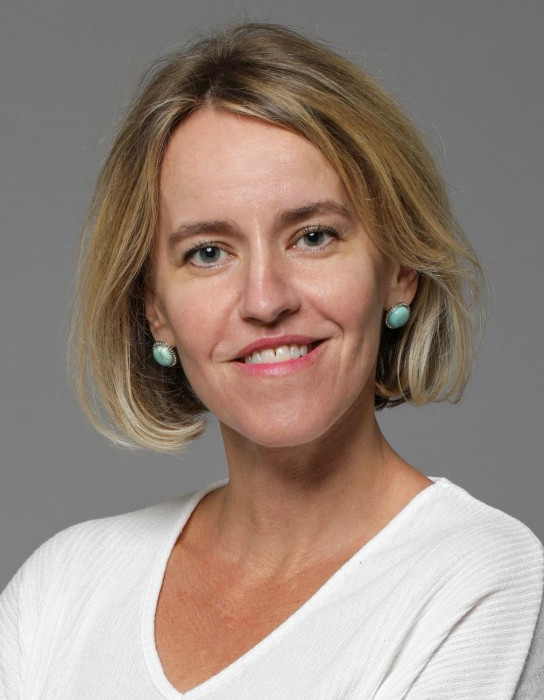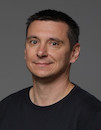Audioprogramming
Data is displayed for academic year: 2023./2024.
Lecturers
Lectures
Course Description
The course enables learning of advanced methods for audio signal processing on a computer and mobile devices. Students will learn audio effects and how audio signal is represented in a computer, i.e. digital systems. Students will learn integrated systems for signal processing (DSP and FPGA) and their features in terms of audio signal processing. Students will learn to model electroacoustic systems on a computer. Using neural networks for audio signal feature extraction and processing.
Study Programmes
University graduate
[FER3-HR] Audio Technologies and Electroacoustics - profile
Elective Courses
(1. semester)
Elective Courses of the Profile
(1. semester)
[FER3-HR] Communication and Space Technologies - profile
Elective Courses
(1. semester)
(3. semester)
[FER3-HR] Computational Modelling in Engineering - profile
Elective Courses
(1. semester)
(3. semester)
[FER3-HR] Computer Engineering - profile
Elective Courses
(1. semester)
(3. semester)
[FER3-HR] Computer Science - profile
Elective Courses
(1. semester)
(3. semester)
[FER3-HR] Control Systems and Robotics - profile
Elective Courses
(1. semester)
(3. semester)
[FER3-HR] Data Science - profile
Elective Courses
(1. semester)
(3. semester)
[FER3-HR] Electrical Power Engineering - profile
Elective Courses
(1. semester)
(3. semester)
[FER3-HR] Electric Machines, Drives and Automation - profile
Elective Courses
(1. semester)
(3. semester)
[FER3-HR] Electronic and Computer Engineering - profile
Elective Courses
(1. semester)
(3. semester)
[FER3-HR] Electronics - profile
Elective Courses
(1. semester)
(3. semester)
[FER3-HR] Information and Communication Engineering - profile
Elective Courses
(1. semester)
(3. semester)
[FER3-HR] Network Science - profile
Elective Courses
(1. semester)
(3. semester)
[FER3-HR] Software Engineering and Information Systems - profile
Elective Courses
(1. semester)
(3. semester)
Learning Outcomes
- Analyze the performance of computer platform for processing and synthesis of audio signals
- Apply audio signal processing in various programming languages and platforms
- Describe audio signal representation on a computer
Forms of Teaching
Lectures
13 lectures
Seminars and workshops1 seminar
Independent assignmentsStudents will have to make one project
Laboratory4 laboratory exercises
Grading Method
| Continuous Assessment | Exam | |||||
|---|---|---|---|---|---|---|
| Type | Threshold | Percent of Grade | Threshold | Percent of Grade | ||
| Seminar/Project | 50 % | 30 % | 0 % | 30 % | ||
| Mid Term Exam: Written | 0 % | 30 % | 0 % | |||
| Final Exam: Written | 50 % | 40 % | ||||
| Exam: Written | 50 % | 70 % | ||||
Week by Week Schedule
- Symbolic representation of audio signals
- Discrete signals features
- DFT; Audio effects in discrete systems
- DFT; Audio effects in discrete systems
- Programming of audio effects
- Programming of audio effects
- Features of digital audio processors
- Midterm exam
- Programming of audio processors
- Searching audio content in databases; Keys for music content recognition, Audio data streaming in computers
- Plug-in anatomy and dynamic linking of sound libraries
- Plug-in anatomy and dynamic linking of sound libraries
- Acoustical systems with digital waveguide architecture; Acoustical tube; Vibrating string, Model of string instruments; Piano
- Border conditions; Nonlinear parameters, Model of wind instruments, Model of electronic instrument; Electric guitar; Modelling with FIR filters; Nonlinear distortion
- Final exam
Literature
(.), The Audio Programming Book,
(.), Designing Audio Effect Plug-ins in C++,
For students
General
ID 222468
Winter semester
5 ECTS
L2 English Level
L2 e-Learning
30 Lectures
0 Seminar
0 Exercises
0 Laboratory exercises
0 Project laboratory
0 Physical education excercises
Grading System
86 Excellent
72 Very Good
60 Good
50 Sufficient


 Pristupačnost
Pristupačnost


